Brief 6 in WHO Centre for Health Development's series Financing health and social long-term care: lessons for low- and middle-income countries (LMICs) addresses how countries can ensure financial protection in LTC. The WHO Centre for Health Development (WHO Kobe...

Canada launches dental care plan for uninsured citizens
The Canadian Dental Care Plan (CDCP) is a new initiative from the Liberal government designed to provide dental care insurance to uninsured Canadians with a household income of less than $90,000.Officially launched in May, the program aims to cover up to nine million...
Incidence of catastrophic health spending in Indonesia: insights from a Household Panel Study 2018–2019
Indonesia has introduced a national health insurance scheme called Jaminan Kesehatan Nasional (JKN) in 2014. This study aims to assess the incidence of catastrophic health spending (CHS) and its determinants and trends between 2018 and 2019, a period during which JKN...

Circle of Kindness Foundation – a new payment mechanism to support rare and life-threatening diseases in Russia
While rare (orphan) diseases are a significant financial burden for health systems and access to these expensive treatments is limited, Russia has established a foundation, “Circle of Kindness”, funded by 2% of the individual income tax generated by the high-income...
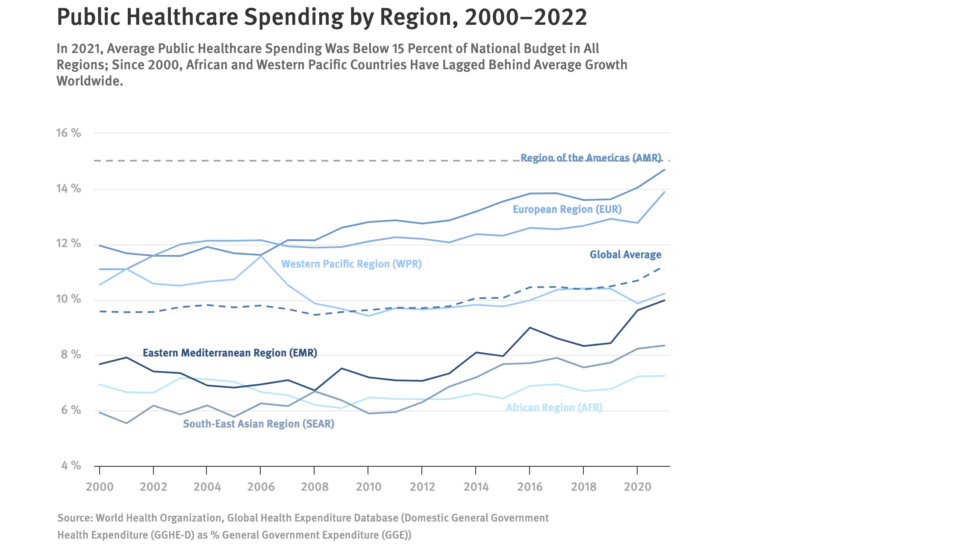
Human Rights Watch on Insufficient Healthcare Funding by African Governments
African governments are failing to meet their commitments to prioritise public spending on healthcare, leading to significant disparities in healthcare access and outcomes, according to a report by Human Rights Watch and the Kampala-based Initiative for Social and...
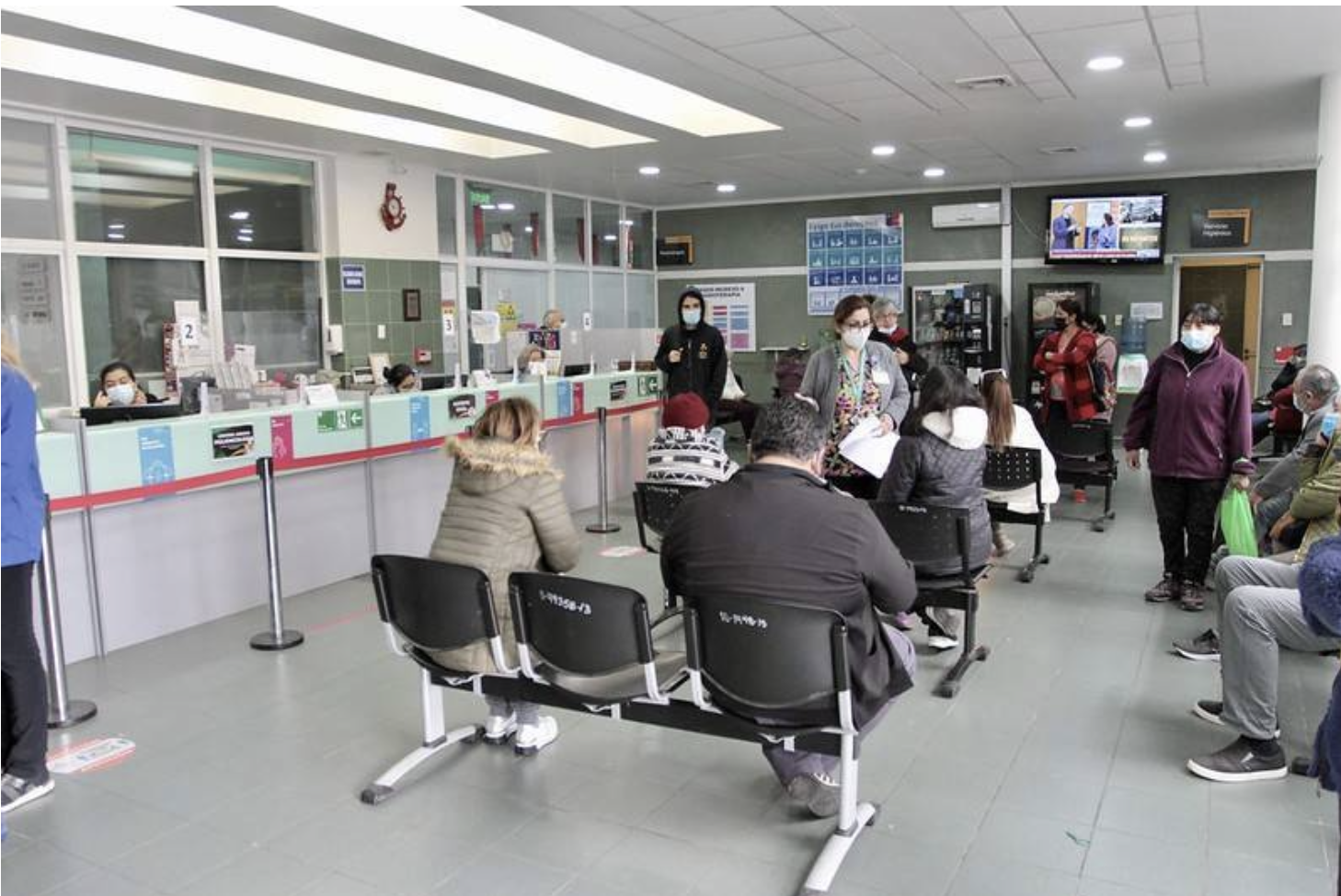
Chile: Advances in Health in 2 years of Government
Zero co-payment implementation is highlighted as the main health care financial protection measure Since its implementation in September 2022 until November 2023, the Zero Copayment program in Chile has benefited 1,209,417 people, which has generated total savings...
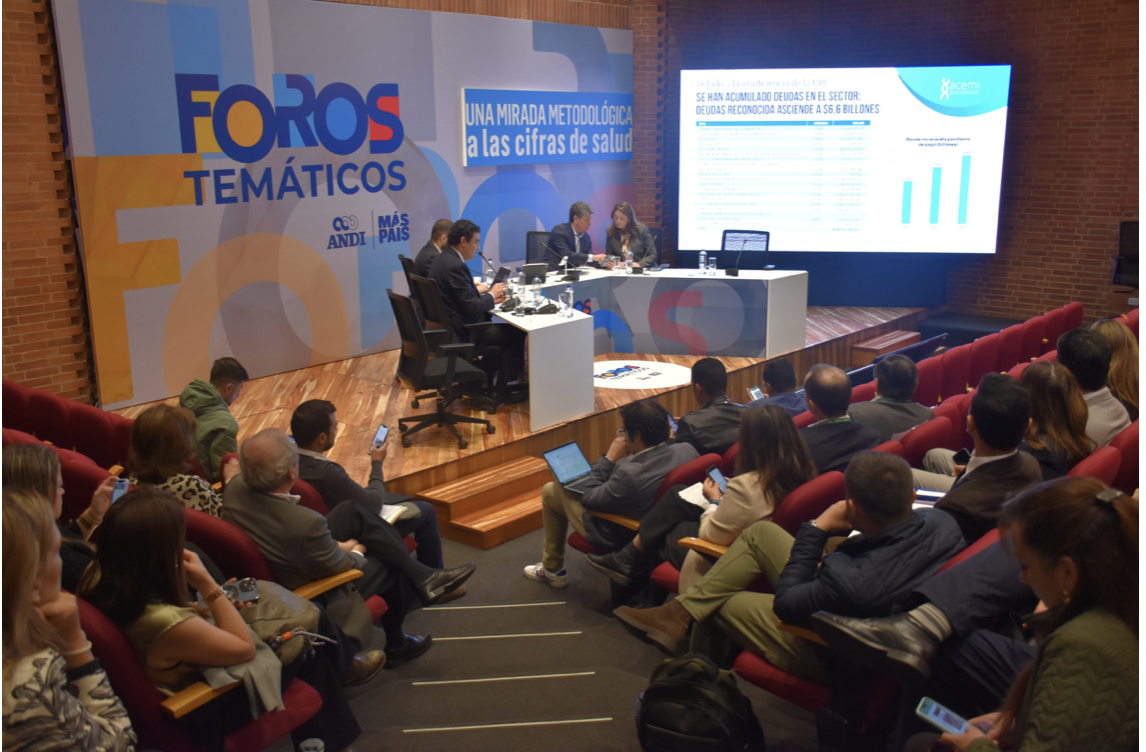
Technical Note on Health System Financing in Colombia
The National Association of Colombian Businessmen (ANDI) and the Colombian Association of Integral Medicine Companies (ACEMI) presented a technical note to contribute to the debate on the financing of the healthcare system and its sustainability.The health system in...
Health Financial Protection before and during COVID-19 in Paraguay
An analysis is presented from the perspective of excessive, catastrophic and impoverishing out-of-pocket expenses in the National Health System.Public health spending as a percentage of Gross Domestic Product was equal to 1.8% between 2000 and 2009 and 2.8% between...

Michelin sets up a “decent wage” for all employees around the world
French company, Michelin's announcement of implementing 'universal social protection floor' to benefit employees in all its countries of operation is an example of private sector engagement in driving social health protection. In a recent article published by Les...
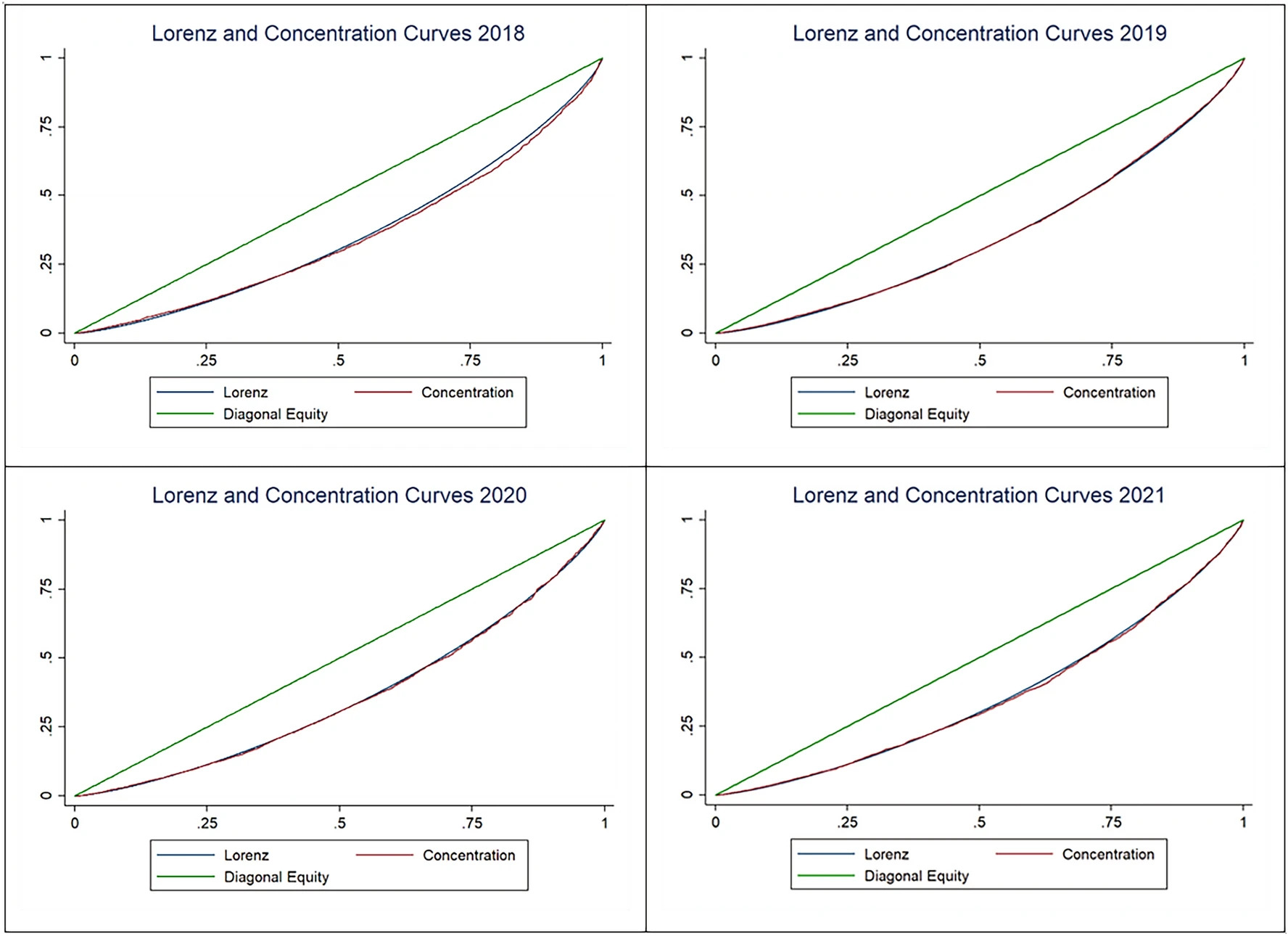
Research on the out-of-pocket health expenditures in Kazakhstan from 2018 to 2021
A research article titled "An analysis of financial protection and financing incidence of out-of-pocket health expenditures in Kazakhstan from 2018 to 2021" was published by Shaltynov et al. was published on 17 April 2024. Their work assessed a trend in out-of-pocket...
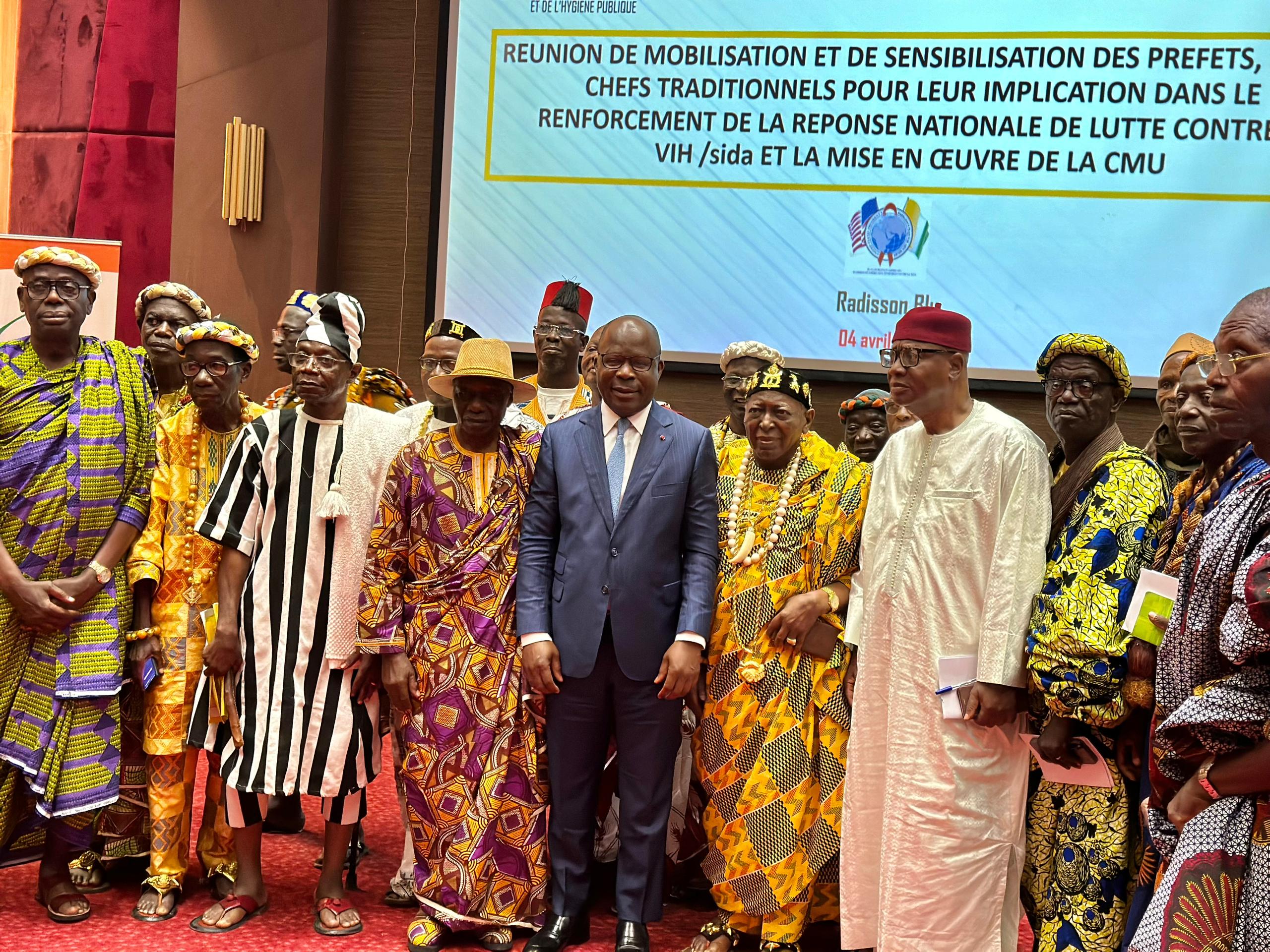
Traditional chiefs mobilized to promote CMU
To achieve the goal of zero cases of HIV/AIDS by 2030 and to work towards good universal health coverage, the Ivorian Minister in charge of Health, mobilized kings and traditional chiefs on Thursday April 04, 2024, during a meeting in the Ivorian capital.The Minister...
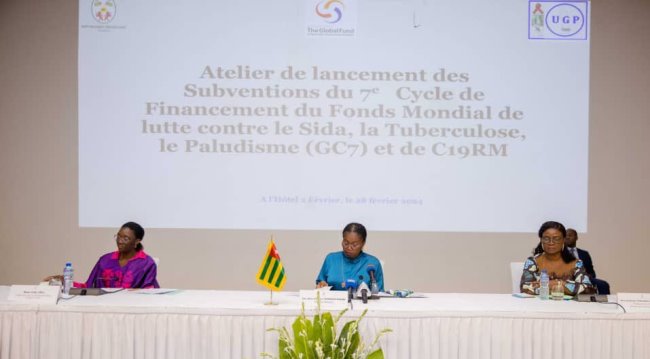
Health: a CFAF 74 billion grant from the Global Fund for Togo, over the period 2024-2026
Togo benefits from grants from the 7th funding round of the Global Fund (GC7) to fight AIDS, tuberculosis, malaria and Covid 19 (C19RM), for the period 2024-2026. The announcement was made on Wednesday February 28 in Lomé, at a workshop launched by the Prime Minister,...
Out-of-pocket payments for nursing home residents: Balancing financial protection with incentives for efficient use
Implementing a cap on lifetime out-of-pocket payments could improve financial protection for individuals with high care needs in nursing homes. This research article, published by VoxEU, discusses the importance of designing out-of-pocket payments for nursing home...
Health Sector Strategic Plan 2023-2030: Reforming for Universal Health Coverage
Malawi's Health Sector Strategic Plan III (HSSP III) outlines strategies to build upon previous progress and accelerate towards achieving Universal Health Coverage (UHC) targets by 2030. Developed through extensive consultation, it focuses on improving health status,...

The Economics Behind Health and Equity
Country-specific approaches to financing health systems and vaccines in the Middle East and North Africa (MENA) region can improve health outcomes while reducing out-of-pocket expenditure - Salzburg Global SeminarMENA Health Financing: The Middle East and North Africa...
